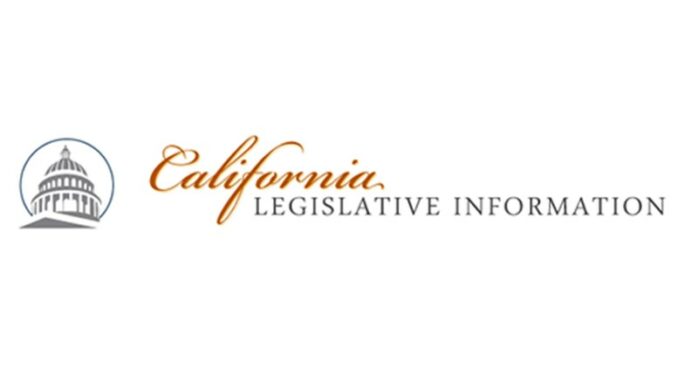
As reported by the SD Union-Tribune: California Gov. Gavin Newsom on Thursday (September 16, 2021) approved two measures to slice through local zoning ordinances as the most populous state struggles with soaring home prices, an affordable housing shortage and stubborn homelessness.
He signed the most prominent legislation despite nearly 250 cities objecting that it will, by design, undermine local planning and control. The outcome marks the latest battle between what’s come to be thought of as NIMBY vs. YIMBY. While most agree there is an affordable housing shortage, proposed construction often runs into “not in my backyard” opposition.
He also announced the state will put $1.75 billion into what his administration is calling a new California Housing Accelerator, which he said will speed building 6,500 affordable multi-family units that had been stalled for lack of tax-exempt bonds and low-income housing tax credits. It’s part of $22 billion that the state plans to spend to spur new housing and ease homelessness along with the new laws.
The bill by Senate leader Toni Atkins of San Diego would require cities to approve up to four housing units on what was a single-family lot. They would also have to approve splitting single-family lots so they could be sold separately.
The bill by Democratic Sen. Scott Wiener would ease the way for local governments to rezone neighborhoods near mass transit for up to 10 housing units. Wiener made his bill optional in response to opposition, but the advocacy groups California YIMBY and California Community Builders still hailed its passage.
- To read the entire article as published by the Union-Tribune, visit sandiegouniontribune.com/news/california/story/2021-09-16/california-enacts-2-laws-to-slice-through-local-zoning-rules
- For information about Atkins’ SB-9 Housing Development, visit leginfo.legislature.ca.gov/faces/billNavClient.xhtml?bill_id=202120220SB9
- For information about Wiener’s SB-10 Planning and Zoning: Housing Development: Density, visit leginfo.legislature.ca.gov/faces/billNavClient.xhtml?bill_id=202120220SB10


